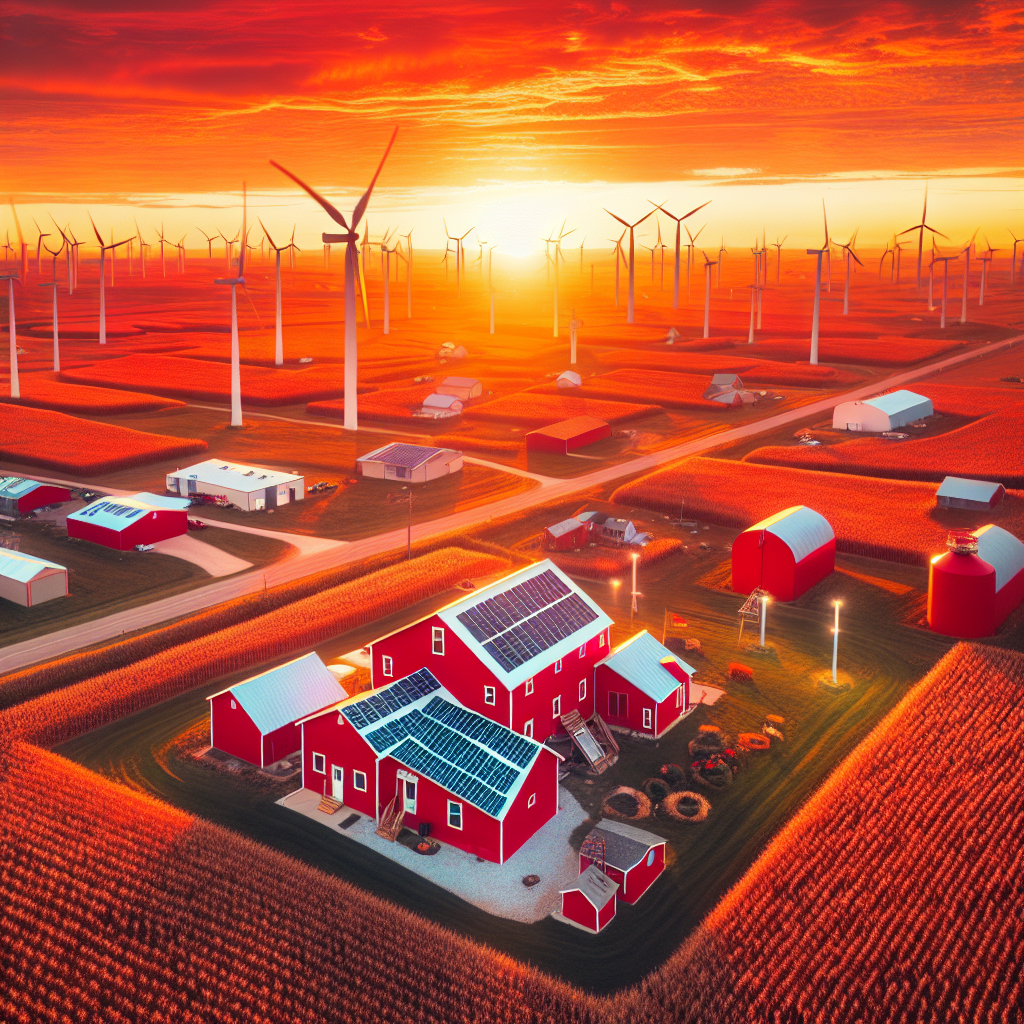The success of renewable energy in seemingly unlikely places can be attributed to its economic viability. This is evident in the increasing adoption of renewable energy sources worldwide. The economics of renewable energy play a crucial role in its widespread acceptance and growth.
The thriving nature of renewable energy can be explained by its cost-effectiveness. Unlike traditional energy sources, renewable energy is becoming more affordable due to advancements in technology and economies of scale. This has made it a viable option for many countries, even those with limited resources.
Moreover, the long-term benefits of renewable energy make it a wise investment. While the initial costs may be higher, the long-term savings and environmental benefits outweigh them. This has led to governments and businesses alike investing in renewable energy as a sustainable and profitable solution.
The economics of renewable energy also take into account the potential for job creation. The renewable energy sector has been a major source of employment, with a growing number of jobs being created in this industry. This not only boosts the economy but also provides opportunities for individuals in various fields.
Furthermore, the increasing demand for renewable energy has led to a competitive market, driving down prices and making it more accessible to consumers. This has also encouraged innovation and research in the field, leading to further advancements and cost reductions.
The impact of the economics of renewable energy is far-reaching. It not only benefits the environment by reducing carbon emissions and promoting sustainability, but it also has a positive effect on the economy and job market. As more countries and businesses shift towards renewable energy, the potential for growth and development in this sector is immense.
In conclusion, the economics of renewable energy play a crucial role in its success and widespread adoption. Its cost-effectiveness, long-term benefits, job creation potential, and competitive market have made it a viable and attractive option for many. As we continue to prioritize sustainability and combat climate change, renewable energy will undoubtedly play a significant role in shaping our future.

